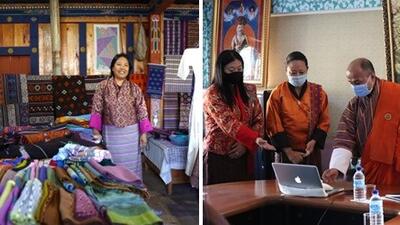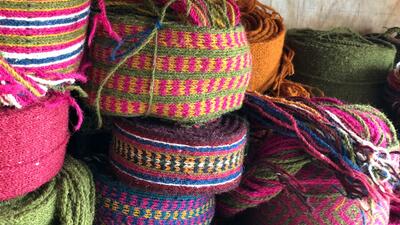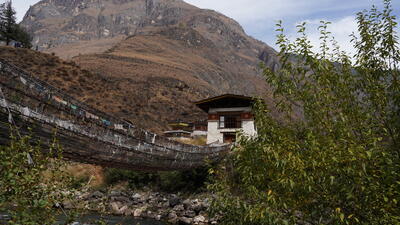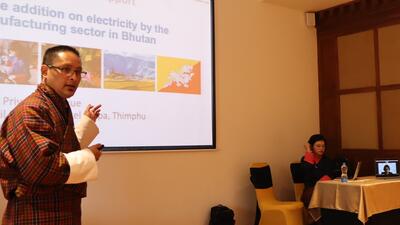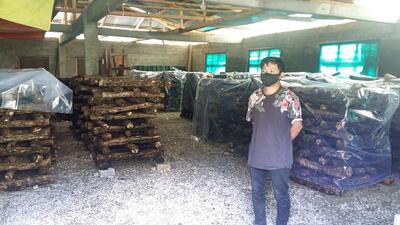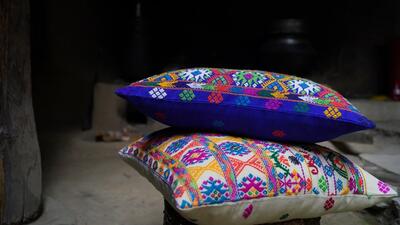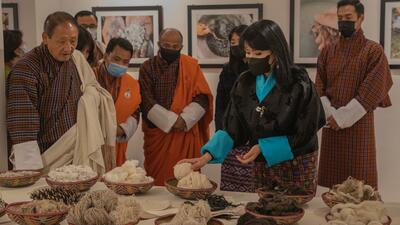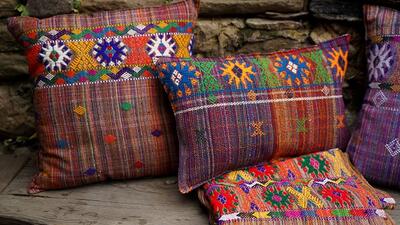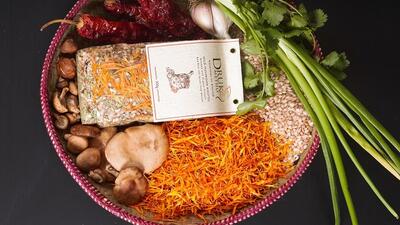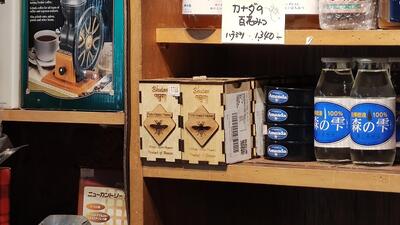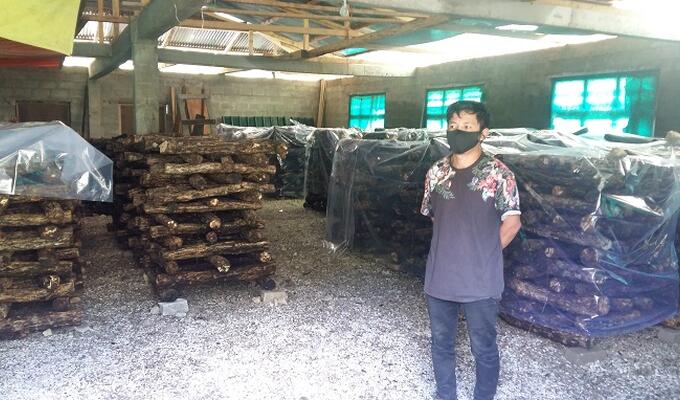
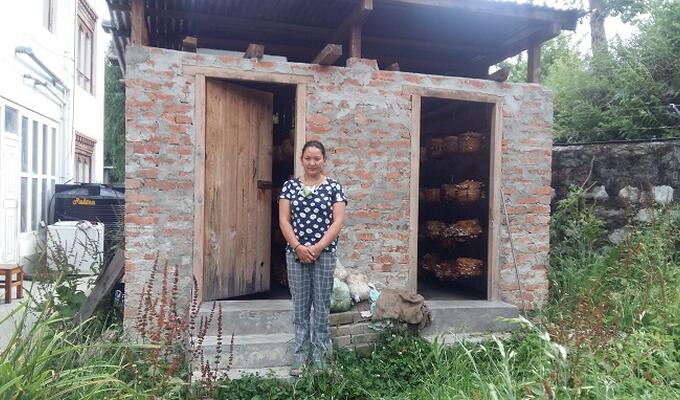
Mushroom farmers in Bhutan on the path to prosperity
Knowledgeable farmers benefit from increased production through augmented investment in their business.
Pakshikha Central School in Bongo Gewog, Bhutan, offers free board and meals to its young students. Soon nutritious and delicious Shitake mushrooms will be part of the menu.
By the end of the year a shed that was previously used for poultry farming will be utilized to grow Shitake mushrooms by Mr. Tsering Namgay, a cook at the school.
He is confident that he will be able to grow enough mushrooms to be able to sell the surplus to school staff and locals, as well as enhancing the dishes served to students.
Other local mushroom growers are also happy with their yields. Ms. Tandin Wangmo from Luni Gewog said:
“I was successful in controlling green mould this year. I purchased a thermometer to keep the temperature at the desired level.”
Ms. Wangmo, who has been cultivating Shitake since 2016, added Oyster mushrooms to her farm in 2019, building a special shed for this to help control the spread of pests and diseases.
Ms. Dema from Dopshari Paro produced 300 additional bags of Oyster mushrooms this year and earned an additional Nu. 35,000 from the sale.
Mr. Tshering, Ms. Tandin and Ms. Dema were among 172 Bhutanese mushroom farmers who benefited from the International Trade Centre’s trainings on mushroom production and post-harvest management. Forty-five agriculture officers also attended the training, held at 14 venues across four districts in Bhutan.
Many of the newly trained growers have already begun farming Oyster mushrooms on a small scale. They have also been able to redesign and renovate their farming facilities following the new practices they learnt during the training.
Participants also learnt about best post-harvest practices including sorting and grading mushrooms in order to fetch better prices in the market and increase their household income.
These trainings were arranged under the aegis of the EU – Bhutan Trade Support project that aims to diversify exports by improving the national trade and investment regulatory framework and increasing exports of horticulture products and textile handicrafts.
The EU-funded project, seeks to ultimately increase incomes along the two value chains in order to contribute to economic growth and poverty reduction.




